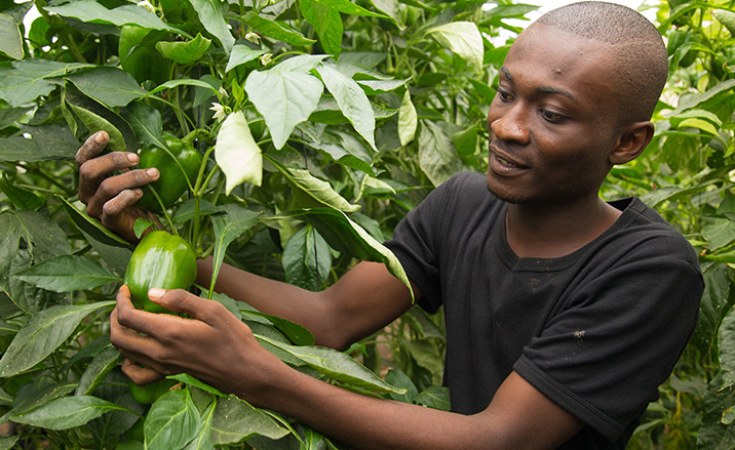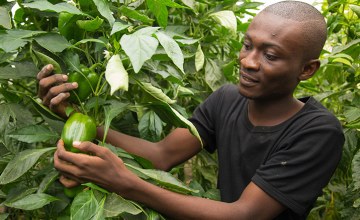The Board of Directors of the African Development Bank (AfDB) has approved an African Development Fund (ADF) loan of USD 50 million to finance the third phase of the Skills, Employability and Entrepreneurship Programme (SEEP III) and jobs creation in Rwanda.
This Sector Budget Support operation will spur the government's inclusive growth and poverty reduction efforts. It will also help to create about 30,000 new off-farm jobs mainly for youth and women in 2016 and 2017. SEEP III seeks to consolidate the achievements under SEEP I and SEEP II, to firmly place Rwanda on the path to high value added production and industrialization. The programme will develop middle level technical skills required by Rwanda's key economic sectors such as manufacturing, construction, agro-processing, and energy. The programme will also strengthen micro, small and medium enterprises (MSMEs) in key economic sectors contributing to productivity and promoting rapid economic transformation thereby improving the quality of life of Rwandans in line with the Bank's High 5s priorities.
Rwanda has made remarkable achievements in socio-economic growth. Its economic performance has remained strong, averaging 6.9% of GDP growth per annum since 2012. Rwanda achieved all the MDG goals by 2015; and has committed to attain the Sustainable Development Goals (SDGs). The country has also made progress in creating off-farm jobs from 119,000 in 2011 to 146,000 by 2014. However, Rwanda's labour force remains young and low-skilled. This is affecting graduates' employability, productivity as well as the competitiveness of the private sector. The country expects about 125,000 youth to enter the labour force annually between 2016 and 2020. Thus, there is an urgent need to enhance the quality of skills, create stable and better paying jobs commensurate to the number of job market entrants. The private sector, especially the MSMEs also need to be strengthened to become more productive, boost Rwanda's exports and create more stable and better paying jobs. SEEP III will provide the much needed resources to further consolidate previous achievements.
It will benefit youth and women who constitute about 40% and 52% of the population, respectively, mostly engaged in micro and small enterprises. Micro and small enterprises account for about 98.8% of private establishments and provide about 80% of the private sector employment especially among the youth and women. Young people own about 56% of the micro and small enterprises in Rwanda.
SEEP III was developed jointly by the AfDB and the Government of Rwanda, in close consultation with the private sector and other key development partners (Germany, Sweden, USA, European Commission, Netherlands, UK, and the World Bank).



